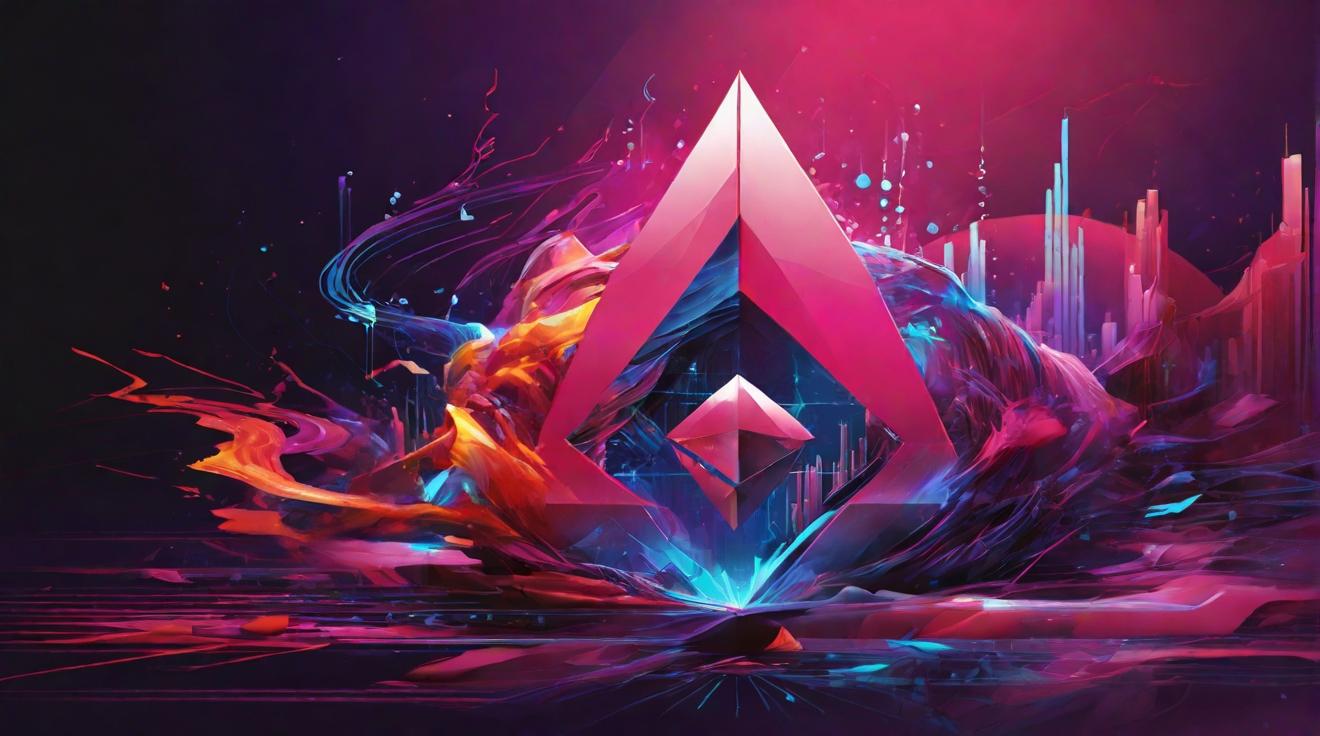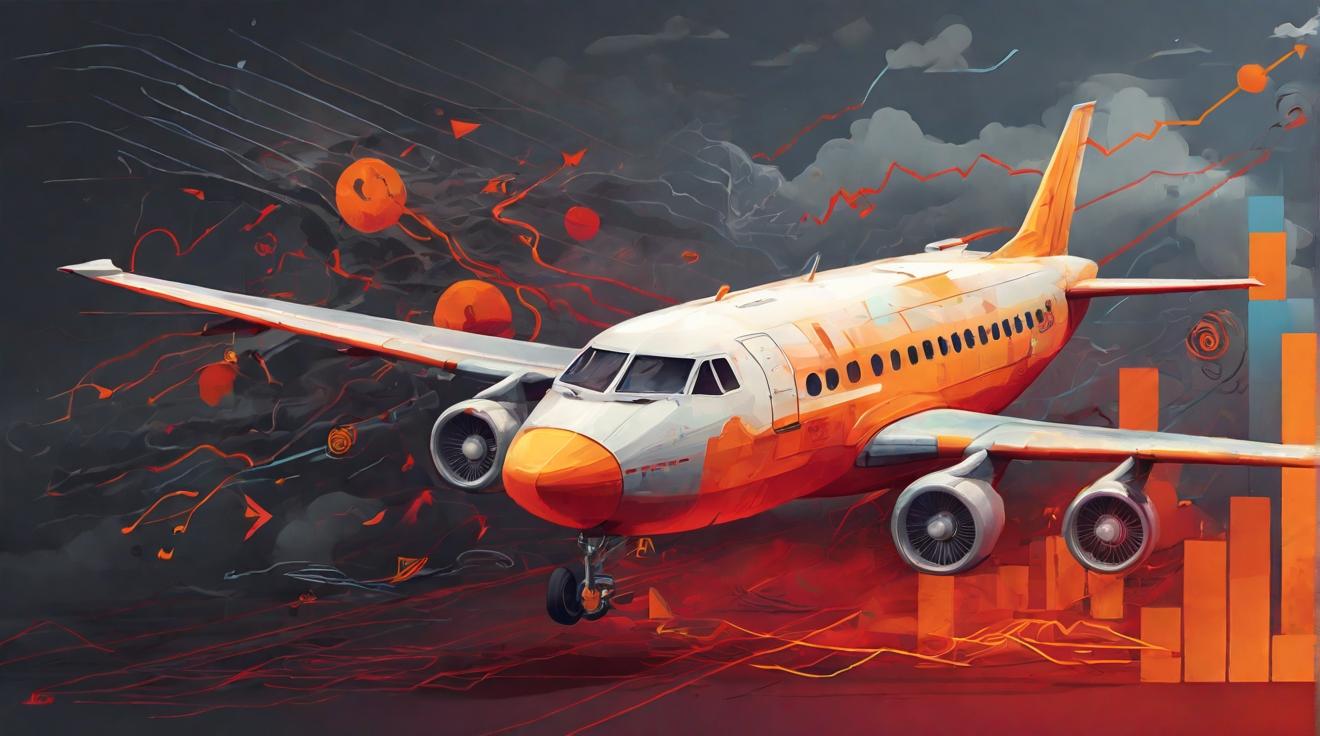The Unique Dignity of the Human Person
Having just celebrated the incarnation (God taking on our flesh in the man Jesus) at Christmas, I was reminded of the great dignity that the human person has. Not only are we created in God’s image and likeness (Genesis 1:26-27) but Christ has redeemed all that is human by raising it to his own level (Philippians 2:6-11). Thus, there is something about the human person which is unique and graced.
As persons, we must recall that we are not mere “things” and cannot treat each other as such. Conversely, we cannot treat things as persons. To do so is, perhaps, a form of idolatry: to make a person of a mere “thing” (Psalms 115:5-7).
The Limitations of Artificial Intelligence
The creation of artificial intelligence has sparked the discussion about computers being “alive” and “having consciousness.” This, in turn, has provoked great fear regarding the future, with online memes adulating our “robot overlords,” and with it has come much confusion. While personhood is certainly not limited to humans — consider angels and demons, who are persons — it is certainly limited to those who are alive. Mere things cannot be persons because they are not alive, and computers are mere things.
When I took computer programming in high school, I learned that computers are only as intelligent (or as stupid) as their programmers. While the AI revolution is powered by computers which now program themselves, their intelligence merely artificially replicates some aspects of human intelligence. This does not make the computer “alive,” despite declarations to the contrary. Much of the confusion on this topic comes from our society’s diminished understanding of the human person. Neither intelligence nor being alive are to be confused with personhood.
Understanding Personhood Beyond Intelligence
Consider the personhood of a human from the moment of conception; a fetus may not be intelligent but a person nonetheless exists (Jeremiah 1:5). Or consider a tree; it is alive, but not a person. Rather, personhood is something higher than even life itself or intelligence. We have both a bodily and spiritual nature combined in our person (Genesis 2:7). God is spirit (John 4:24) and he has shared his own nature with us. This makes us capable both of receiving the God who gives of himself and of giving ourselves as a gift to God and to others.
Because of our soul, we have an inner life that values, weighs and commits with freedom. While in our society we have the tendency to separate our mind, body and soul the truth is that we are one person with all those elements, just as God is one God but yet three persons (Matthew 28:19). This is one way that we reflect God’s “Image and likeness.”
The Inner Life and Freedom of the Human Person
Regarding artificial intelligence, there is no “inner life” nor freedom. Computers follow strict logic according to defined commands. They are not alive, nor do they have the image and likeness of God, who is the source of life (Psalms 36:9). There may still be a lot to discuss about AI, but any such discussion should remind us that the human person is so much more than mere intelligence, but that we have a dignity akin to God’s.
The Depth of the Human Person in Contrast to AI
While artificial intelligence may continue to advance and become more sophisticated, it is important to remember the limitations of AI in comparison to the human person. AI can never truly replicate the depth and complexity of the human person. The human person has emotions, desires, and a capacity for love and self-sacrifice. These qualities cannot be replicated by machines.
Furthermore, the human person has the ability to make moral choices and possess a deep sense of right and wrong. AI lacks the capacity for moral reasoning and conscience. As humans, we are capable of growth, change, and the pursuit of virtue. AI will always be limited to what it has been programmed to do.
In conclusion, while the advancement of artificial intelligence may bring about many benefits and conveniences, it is essential to remember the unique dignity and value of the human person. Our personhood is not defined by our intelligence or abilities, but by our connection to our Creator and our capacity for love, freedom, and moral reasoning. As we continue to explore the possibilities and implications of artificial intelligence, let us always keep in mind the depth of the human person and the irreplaceable value each individual possesses.
Analyst comment
Neutral news. The market is not directly impacted by this news as it does not provide any specific information on economic indicators, market trends, or industry developments.













